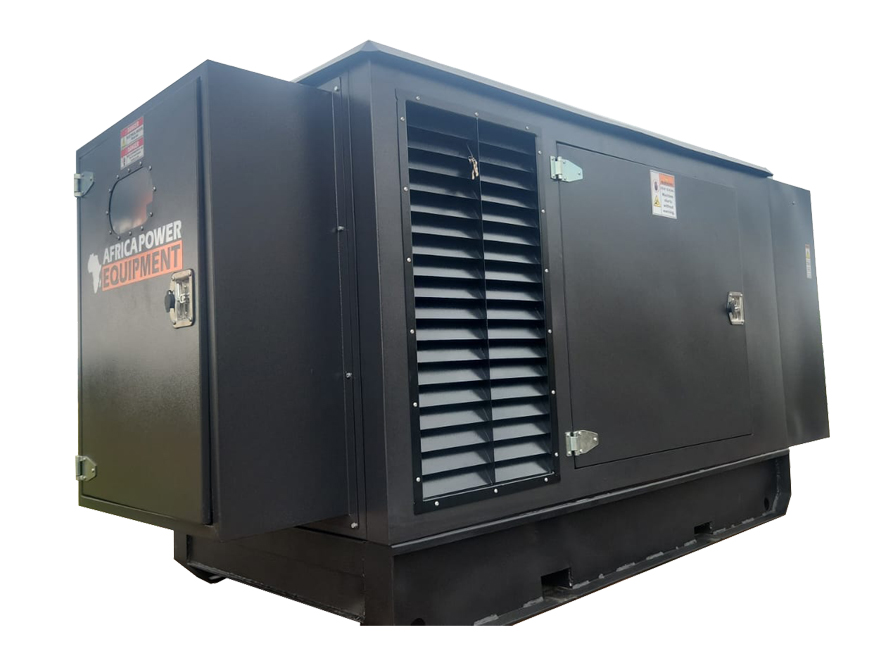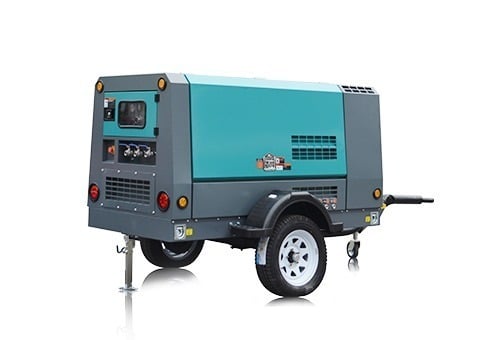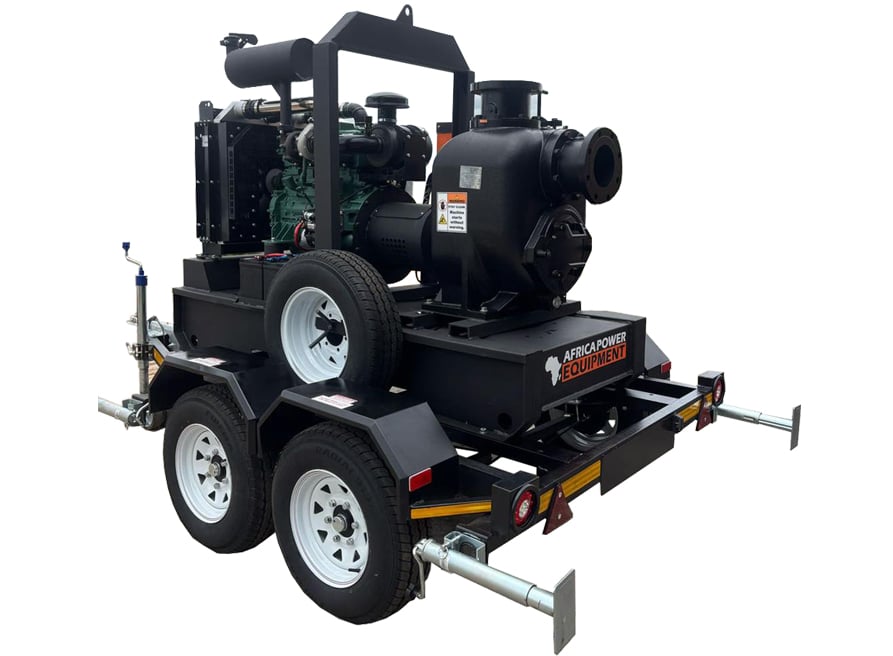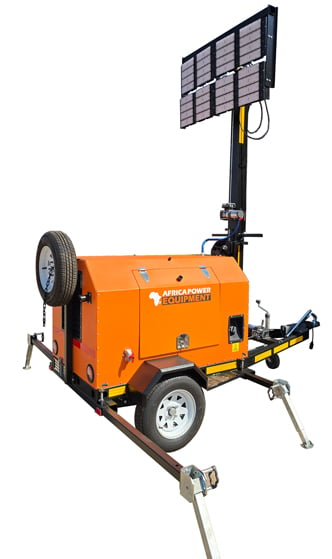Choosing the Best Battery Backup for Solar Power in South Africa
If you’re investing in a solar power system in South Africa, one of the most critical components to get right is your battery backup. Batteries store excess solar energy generated during the day for use at night or during load shedding—making them essential for energy independence.
But with so many battery options available, how do you choose the right one?
In this article, we’ll explore the best battery types, brands, and sizes for South African homes and businesses using solar power.
🔋 Why Battery Backup Matters
Solar panels only produce power when the sun shines. Without a battery:
-
You can’t use solar energy at night
-
You’ll still depend on the grid or generator during outages
-
You miss out on the full benefits of solar
With a proper battery backup system, you can:
-
Store energy for use during load shedding
-
Reduce grid dependence or go fully off-grid
-
Save on electricity costs by using stored power during peak tariffs
⚡ Battery Technologies Explained
There are two main types of batteries used for solar backup:
1. Lithium-ion Batteries
-
High efficiency (up to 98%)
-
Longer lifespan (10–15 years or 6,000+ cycles)
-
Compact and lightweight
-
More expensive upfront, but better long-term value
-
Low maintenance
Best for: Homes and businesses looking for reliable, high-performance storage.
2. Lead-Acid Batteries (AGM/Gel)
-
Lower cost upfront
-
Shorter lifespan (3–5 years or 1,000–1,500 cycles)
-
Bulkier and heavier
-
Lower depth of discharge (DoD)
Best for: Budget-conscious users or low-use backup systems.
💡 For most South African homeowners, lithium-ion batteries are the superior long-term choice.
🔧 Tip: Always ensure your battery is compatible with your inverter brand (e.g., Victron, Sunsynk, Growatt, Deye, etc.)
📊 What Battery Size Do You Need?
To size your battery, you must calculate:
-
Your daily energy consumption (in kWh)
-
How long you want backup power to last (autonomy)
Example:
If you use 10 kWh per day and want 1.5 days of storage:
10 x 1.5 = 15 kWh battery bank needed
| Use Case | Battery Capacity Needed |
|---|---|
| Small household | 5–10 kWh |
| Medium household | 10–15 kWh |
| Large household/business | 20–40+ kWh |
⚠️ It’s better to oversize your battery slightly to allow for cloudy days and battery aging.
🔌 Do I Still Need the Grid or Generator?
That depends on your system goals:
-
Grid-Tied with Battery: Store solar energy and use the grid when needed
-
Off-Grid: Rely completely on solar + batteries (often with a generator as backup)
-
Hybrid System: Combines both for flexibility and reliability
For full independence from Eskom, you’ll need a larger battery bank and potentially a generator for extended cloudy periods.
🔒 Safety and Warranties
Choose batteries with:
-
Built-in Battery Management Systems (BMS)
-
10-year warranties or 6,000+ cycle ratings
-
Certifications (CE, UN38.3, etc.)
Tip: Buy from reputable suppliers who offer local support and warranty services.
🌤️ Do Solar Batteries Work in Load Shedding?
Yes—and that’s one of their biggest advantages!
During load shedding:
-
Your battery supplies power to your home
-
Critical appliances (lights, fridge, Wi-Fi) remain on
-
You avoid relying on noisy or fuel-powered generators
For best results, pair your solar battery with:
-
Load management system
-
Automatic switch-over capability
🔗 Related Articles
✅ Final Thoughts
If you’re serious about backup power, energy security, and reducing reliance on Eskom, investing in a high-quality lithium battery is a must. Though the upfront cost can be significant, the long-term benefits in savings, convenience, and peace of mind are well worth it.
Need help choosing the right battery for your solar system? Visit PowerEquipment.co.za for expert advice and professional installation.





